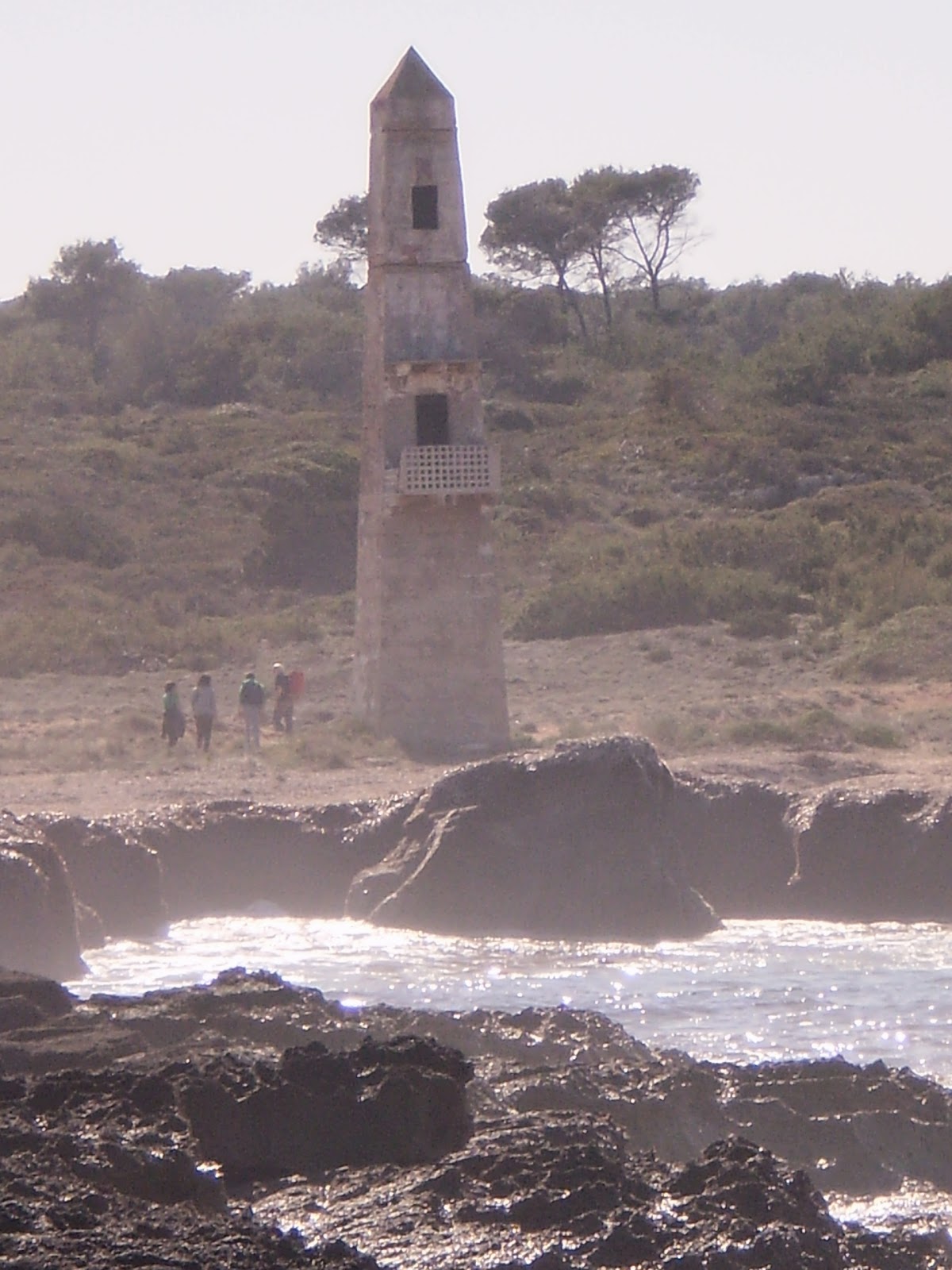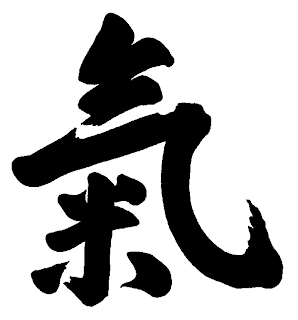Mind of dog
Do you remember I mentioned to you the vision of a mouser trying to cross the road? It let me thinking…
It was early morning, I was driving to work. The road was fairly busy at that time. The mouser was just outside a gate at the side of the road and tried to cross it, with great difficulty. It looked very uneasy and nervous. Its movements didn’t appear to follow an established plan. As soon as it was up it was down, always along the road. It looked right and left in a disorderly manner. I saw it to make some attempts to cross just when passing a truck or a car, aborted attempts, fortunately, at the last moment before the wheels of vehicles catch it. Given this fact, it increased its anxiety and hyperactivity. The moments that could have crossed, did not. It seems clear that the situation completely overflowed it, had no control whatsoever. It looked but did not know what to watch, had no criteria for deciding when to cross. But did not desist in their attempts, but quite the opposite. Immersed in some kind of loop or short circuit, failed attempts and imminent danger increased its insistence, to almost frenzy. At that time I thought poor dog was doomed to inevitable death, and that it was itself who focused on it with its limited mind of dog. I also thought that it probably would be better if it could do without its own judgment and simply cross the road without any consciousness and total distraction, to do so following the issuance of a limited mind that led directly to the disaster.
I thought later that the people we should go just as that dog. We are engaged in occupations of everyday life with our limited mind, in a sort of loop that we are unable to transcend. The concerns, desires, goals... in principle, should be used to develop orderly behaviour, planned and directed in order to meet our needs. But often, paradoxically, the way that people have to order the world it does is alter the natural order of things. So our intentional activity can lead us directly to disaster. Like the dog, by simple chance, should have ignored the sole discretion to decide when and how to cross the road, we should also ignore our human judgment and rather trust and have faith in the natural ‘order of things’ (‘delegate to the will of God’ as Eckhart had said in a religious way).
It's like the episode of Simon's boat that Tauler referred and you review on L’actitud contemplativa:
‘(Jesus) went up into one of the boats, which was Simon's, he asked him to depart a little dirt, sat down and instructed the people from the boat.
When he finished speaking, he said to Simon,
- Into deep and pull the fishing nets.
Simon answered
- Master, we have worked all night and caught nothing, but since you say so, I will let down the nets.
They did so, and gathered so much fish that their nets began to break.’
You add: 'Tauler focuses on the order given by Jesus to Simon. Go to deep water, stay away from the shore and place the boat where there is more water over the abyss (...) Tauler imagine a huge lake, becomed an ocean, and the center of the lake where the water is deeper becomes an unfathomable and frightening abyss. There man is suspended on its own emptiness, because he is experiencing the most extreme fragility.'

Simon, victim of fear, avoid the abyss of deep water and tries fishing near the shore, with no results. Asserts his discretion by imposing his personal wrong order to the natural order of things. Jesus makes him fall into his error and shows the true order of nature, and Simon transcends its limited look. He no longer see the deep waters as a terrifying abyss but as a suitable place to fish, if it is able to naturally accept his weakness and his place in the order of nature, and is able to contain his fear.
The mouser may learn to cross the road if someone shows how to do it, accepting the inevitable inherent danger, it could contain its anxiety. We haven’t to do suicidal behavior, but to distance ourselves from what we worry about, from worrying about things rather, from what we are absorbed about and captures our attention. It's about being able to redirect attention from the affection that things cause on us, to things as they really are in nature, to its natural harmony. It is an ‘objective’ (and ‘scientific’) look to the harmony of the world. We must look beyond our limited vision and meet the natural order of things, that has always existed. Because when we use our way of thinking, without realizing that, we turn away from it.
In this everyday situation in which ‘the flower do not becomes fruit’ is necessary self-restraint and to trust on the existence of what we do not see or know yet. An act of faith in the existence of a ‘superior’ order, an ‘intelligence’ beyond ours and beyond present, is necessary. We must believe in the existence of a ‘logos’ we don’t yet know but that we can do on future. This is the open attitude that scientific people must have, exactly the same that religious people must have.
Usually we are in a similar to the mouser situation, or to Simon before Jesus' teaching situation. With our idea of how things of the world must be, immersed in relativism of everyday life, we subvert the harmony of how they really are, and we do not let them show us their potentials.
It's no delusion to say that things are now in a certain way and that they change in future. The truth of things is the transition from potencies to acts. It is the flower that bears fruit, it is the child who grows up... The truth that Simon discovers is that he can (and he should) fishing on middle of the lake. For mouser maybe someday the truth will be it will cross the road. What to do, therefore, is to watch for the potential of things and let nature to be revealed. Exactly the same for science and religion.
Saint Augustine's quote is fine: ‘Do not try to feel what we want, but wanting what we feel’. When we attend adequately the nature and focus on what really matters to us, to what we feel, we create a feeling, and sooner or later it appears as it really is, the potency becomes act and we found perfectly the truth, with no mistaking. This is the criterion of truth, common to science and religion: the becoming of potency onto act. The path to lead us to the discovery of truth (scientific or empirical or of any kind) then it is none other than the containment of our ideas and conditions at the moment, to meet the (real) natural order of the world as it shows along time, wich we do not grasp at the moment but whose existence we must believe firmly. This attitude finally ends up being rewarded with the discovery of truth. The road indeed leads us somewhere, but maybe we do not know exactly where or how long will be until we arrive... Of course, until the power become act.



Comments
Post a Comment